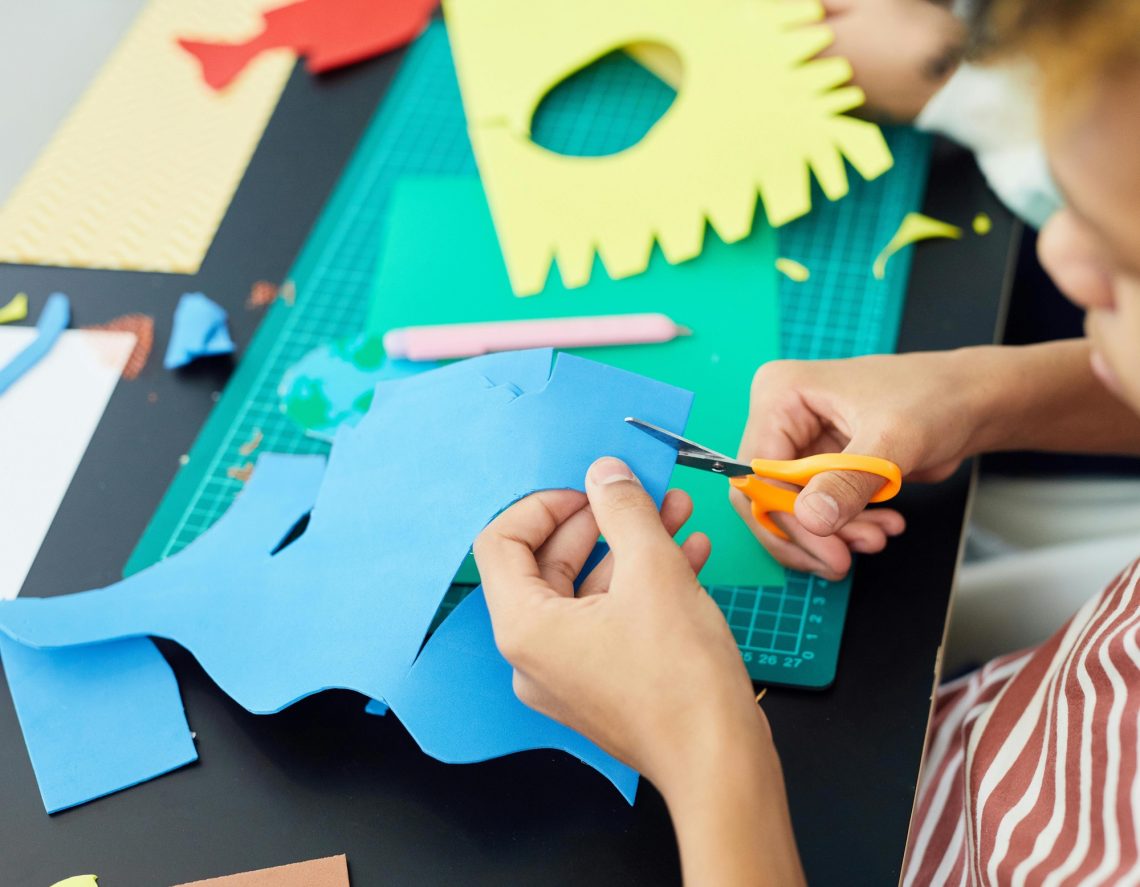
Helping Your Child Develop their Fine Motor Skills
Fine motor skills are crucial for a child’s development as they lay the foundation for various tasks they’ll encounter throughout their lives, from tying shoelaces to writing essays. As a parent, you play a pivotal role in nurturing and enhancing these skills in your child. Here’s a comprehensive guide on how to support your child in developing their fine motor skills.
Understanding Fine Motor Skills
Before diving into strategies, it’s essential to understand what fine motor skills entail. These skills involve the coordination of small muscles in the hands and fingers to perform precise movements. Activities such as grasping objects, cutting with scissors, and buttoning clothes all require proficient fine motor skills.
Early Development Milestones
Every child progresses at their own pace, but there are general milestones to keep in mind as your child develops. In infancy, milestones include reaching for objects and grasping them with their hands. As they grow, they’ll progress to activities like stacking blocks, drawing shapes, and eventually writing their name.
Encourage Play-Based Learning
One of the most effective ways to develop fine motor skills in children is through play. Activities like building with blocks, playing with clay, and threading beads help strengthen hand muscles and improve dexterity. Opt for toys and games that require manipulation and precise movements to provide ample opportunities for skill development.
Introduce Arts and Crafts
Arts and crafts offer a perfect avenue for honing fine motor skills while unleashing your child’s creativity. Provide them with crayons, markers, and pencils to encourage drawing and colouring activities. Additionally, activities such as cutting and pasting help refine hand-eye coordination and spatial awareness.
Practice Handwriting
As your child prepares for school, focus on developing their handwriting skills. Start with simple activities like tracing shapes and lines to improve pencil control. As they progress, introduce writing letters and numbers, ensuring they maintain proper grip and posture. Regular practice will enhance their writing fluency and legibility.
Incorporate Daily Tasks
Simple daily tasks present opportunities for fine motor skill development. Allow your child to assist with activities like pouring drinks, buttoning clothes, and tying shoelaces. These tasks require precise hand movements and promote independence while strengthening hand muscles.
Utilise Sensory Play
Sensory play engages multiple senses and promotes fine motor skill development. Activities like playing with kinetic sand, finger painting, and exploring textured materials stimulate the senses while improving hand strength and coordination. Be sure to provide a variety of sensory experiences to keep your child engaged and challenged.
Provide Proper Tools
Equipping your child with the right tools is essential for their fine motor skill development. Ensure they have access to age-appropriate scissors, pencils, and art supplies. Adaptive tools like pencil grips can also aid children who struggle with grip strength or coordination, making tasks more manageable and enjoyable.
Be Patient and Supportive
Developing fine motor skills takes time and practice, so be patient and supportive throughout the process. Like this prep school in Chorleywood, offer praise and encouragement as your child tackles new challenges and celebrates their achievements, no matter how small. Remember that each child progresses at their own pace, so focus on their individual growth and development.
Seek Professional Guidance if Needed
If you have concerns about your child’s fine motor skill development, don’t hesitate to seek professional guidance. Occupational therapists specialise in helping children overcome challenges related to fine motor skills and can provide tailored strategies and interventions to support their progress.
Helping your child develop their fine motor skills is a rewarding journey that lays the groundwork for their future success. By incorporating play-based activities, fostering creativity, and providing support and encouragement, you can empower your child to master these essential skills and navigate the world with confidence.
Until next time.




